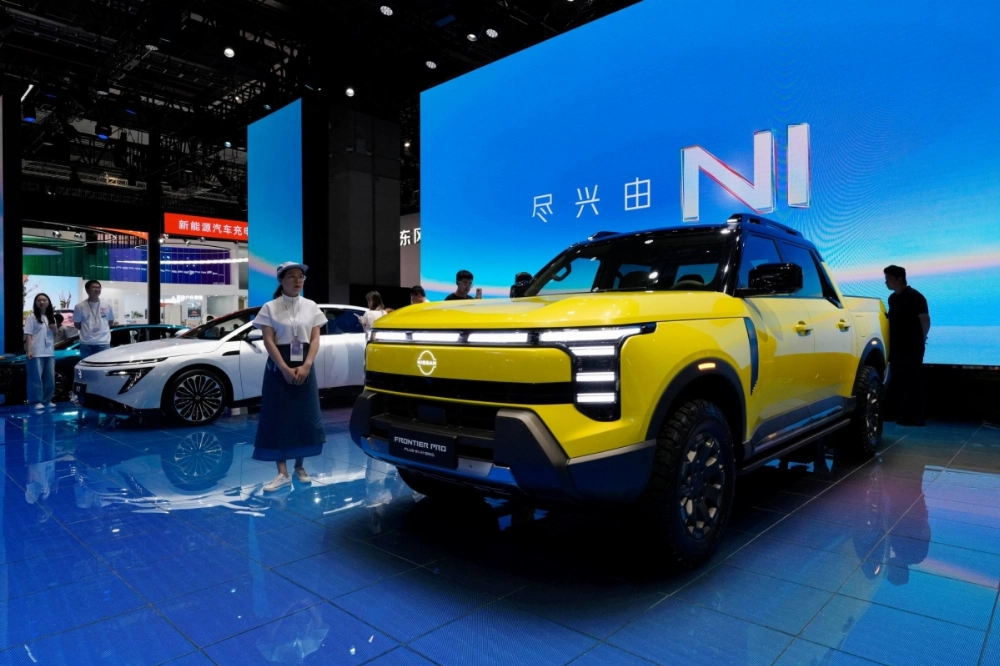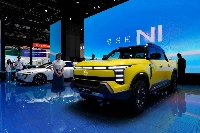Nissan has abandoned plans to build a battery plant in Fukuoka Prefecture to focus its resources and funding on rescuing itself from a deepening financial crisis.
The Japanese carmaker announced plans late last year to invest ¥153 billion ($1 billion) in a new factory in the city of Kitakyushu, where it would manufacture lithium iron phosphate batteries commonly used in electric vehicles (EVs).
That plan has now been scrapped, a spokesperson said Friday, for the sake of "investment efficiency” as Nissan looks to recover its performance.
Nissan’s woes surfaced in earnest last November, when it announced plans to cut 9,000 jobs and slash production capacity by 20% following another weak quarter in which it saw first half net sales drop 94%.
Weeks later, it penned an agreement with Honda to combine both brands under a single holding company, essentially handing Nissan a lifeline, but disagreements over the inherent power imbalance led the partnership to end formally in February.
The absence of competitive EVs in Nissan’s lineup was a major factor in its decline, as was a dearth of attractive hybrids even as their popularity surged in the United States.
Now, the company is betting on a broad restructuring and new leadership team helmed by CEO Ivan Espinosa, who took office in April and pledged to turn things around.
In April, on the sidelines of the Shanghai auto show, Nissan said it was going to pour $1.4 billion into its China operations and use the nation’s intensely competitive market to accelerate its own development of EVs.
Nissan is due to announce on Tuesday its full-year results for the 12 months ended March 31. Last month, it warned it will post a net loss of as much as ¥750 billion — a record annual deficit — on restructuring charges.



















With your current subscription plan you can comment on stories. However, before writing your first comment, please create a display name in the Profile section of your subscriber account page.